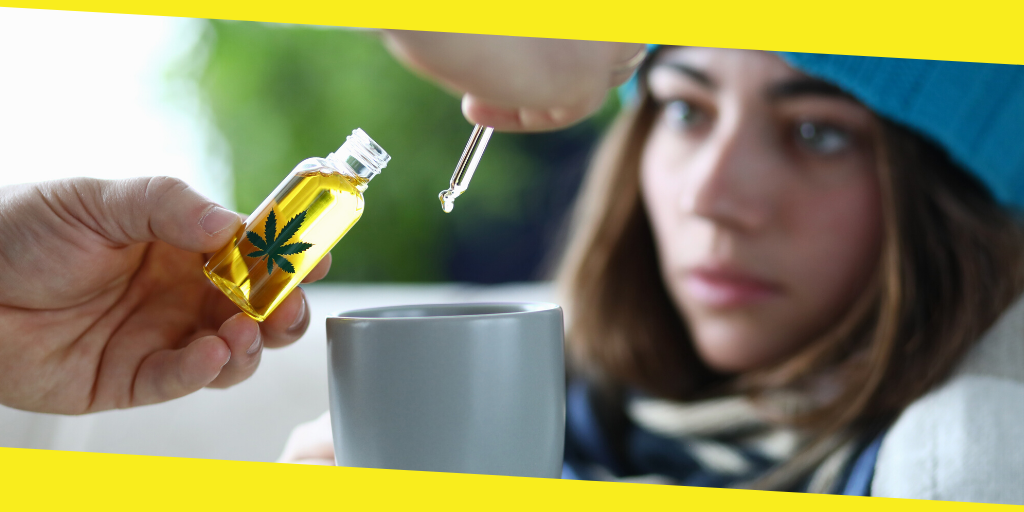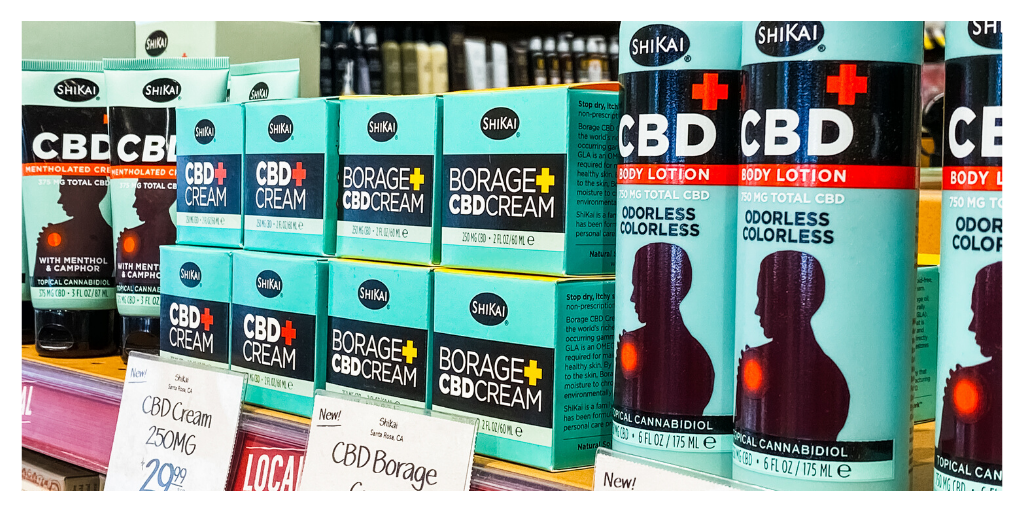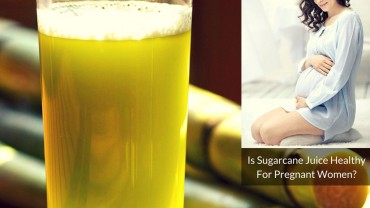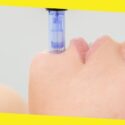What People May Not Know About CBD
This post was last updated on November 19th, 2024

Many merchants seem to be riding on the popularity of CBD, also called cannabidiol in medical science circles, when they market CBD products. This means they may be making claims about CBD in particular and CBD products in general that may not be supported by facts.
Bear in mind that medical science and laws are constantly changing so these claims might gain scientific or legal support, or be judged as outright lies, in the future.
Here are some popular claims about CBD that don’t have a scientific or legal basis yet:
1. CBD Products Only Have All-Natural CBD Extracts
Though there are CBD products that may contain only all-natural extracts, there are manufacturers who may add synthetic CBD to their natural CBD extracts to meet the minimum amount of CBD required in a product.
Because the US Food and Drug Administration agency has not yet regulated the amount of natural CBD in CBD products, manufacturers and merchants may still get away with this practice. It’s also for this reason that CBD products are not automatically safe. Just because the label says it has “all-natural” CBD extracts, it doesn’t mean that CBD products are automatically safe.
As a tip, you would do well to sample a product from a reputable manufacturer, like those available from cheefbotanicals.com CBD oil.
2. CBD Can Cure Cancer
There’s some research that shows that cannabinoids – substances, like CBD, that are extracted from the Cannabis Sativa plant – seem to hinder the development of cancer cells “in vitro” or “in vivo.” The term “in vitro” means the tests were done within a laboratory, while “in vivo” means the tests were done within an organism, such as a human being or animals.
However, medical science still has to determine whether this applies to all kinds of cancer because there’s also evidence that cannabinoids can also spur the development of some forms of cancer.
So, the claim that CBD can cure cancer still needs more evidence that it applies to all forms of cancer before it can be deemed conclusive.
3. The Hemp Plant Doesn’t Contain THC
This claim is simply not true. The hemp plant, since it’s still scientifically acknowledged to be a member of the Cannabis Sativa plant family, does actually produce some amount of THC. Also, hemp produces CBD but in a larger volume than THC.
This simply means that even if the intent of the manufacturer is to extract CBD only, it’ll still contain some THC. This also means that many merchants are either misinformed about the presence and amount of THC in their products or they’re lying about it.
4. CBD Products With All-Natural Extracts Are Pure And Safe
This claim is also not automatically true because there are CBD products that are tainted or products that have pesticides. Also, there may be CBD products that were made to stringent requirements though.
The best way for CBD manufacturers to be able to truthfully claim that their products have “all-natural” extracts, pure, and safe is to submit their CBD products to a third-party laboratory for thorough testing. Though some manufacturers may get around this requirement by sending their CBD extracts from one country to a third-party laboratory located in another country, making it hard to verify the credibility of the third-party laboratory. It’s up to the consumer then to be discerning and avoid merchants that don’t have reputable third-party testing.
5. CBD Can Legally Be Used in All 50 States in the US
This is actually a misleading statement. The reality is that the US federal government doesn’t allow the sale of marijuana, which is part of the Cannabis Sativa plant family, within the US and its territories.
On the state level, there are US states that have passed laws permitting medicinal or recreational use of CBD to a certain extent, but there’s confusion as to whether CBD products can be legally sold or purchased at the federal level. Although, what is true is that law enforcement against the sale or purchase of CBD products may have been relaxed due to the growing frequency of discussions regarding CBD and marijuana and their related effects on human health. Besides this, the number of online CBD wholesale suppliers has also increased due to this relaxation in law.
Scientists need to support lawmakers by examining scientific evidence regarding the claims about CBD products.

Conclusion
What’s the truth about the CBD industry? The basic truth is that some manufacturers tell the truth while others don’t. In the same way, some merchants do tell the truth while others do not.
It may take you time to figure out which ones are actually giving you the real deal about this fledgling industry. One of the best ways to determine which ones are telling the truth is to keep an eye out for reviews that talk about CBD products. Another good way is to monitor announcements from the US FDA about this booming CBD industry. By doing so, you’ll know what’s legally accepted as scientific evidence and what’s not.
Recommended For You
Is Sugarcane Juice Healthy For Pregnant Women?
Most Inside
Most Inside offers high-quality recommendations and valuable updates to enhance all aspects of your life, providing premium guidance and enriching experiences.




